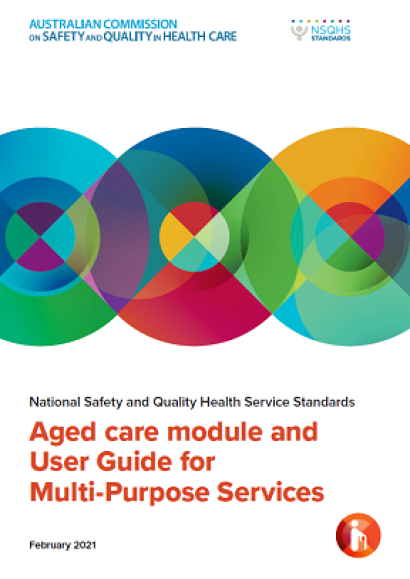2021
Fact sheet
This document provides an overview of the NPS MedicineWise Opioids program which aims to improve quality use of opioids and reduce associated harms for Australians with chronic non-cancer pain.



